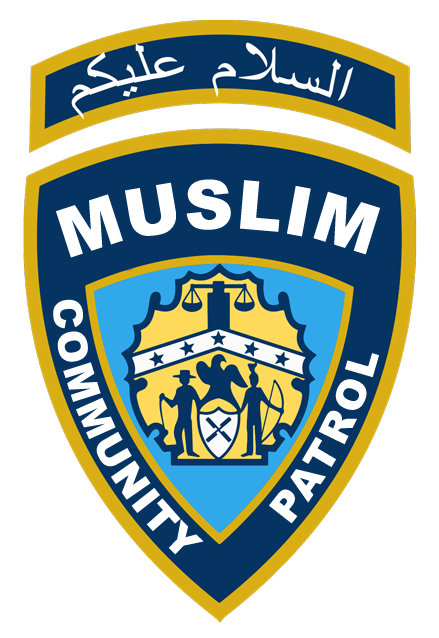A Day in the Life of a COVID-19 Hero: Dr. Syed Hassan
Dr. Syed Hassan realized coronavirus was deadly when there was a whole hospital floor full of patients who kept requiring more and more oxygen over a relatively short period of time, and how surreal it was that their condition deteriorated quickly.
Name: Dr. Syed Hassan
Occupation: Internal Medicine Resident
Workplace: Long Island Hospital, Long Island
Describe a typical day at work during the COVID-19 crisis:
“As an Internal Medicine resident, my schedule changes biweekly, however during this pandemic, I ended up having to cover one of the many new ICUs the hospital had to create to accommodate critically ill patients. My shifts would be 12 hours long and always very active. Our goal would be to stabilize patients, first and foremost, and then figure out how to best care for the more stable but intubated patients. Between procedures and rounds, it was certainly taxing. PPE was not as much a problem for us, thanks to donations by our community, alhamdulillah (all praises belong to God), but wearing it for greater than 5-6 hours at a time was a challenge for sure.”
The moment I realized COVID-19 was a deadly pandemic was when:
“We had a whole hospital floor full of patients who kept requiring more and more oxygen over a relatively short period of time. How quickly patients deteriorated was surreal, especially during the beginning of the pandemic when we didn't really have an idea of what we were dealing with. It didn't get that much easier as time went on, as we discovered the many complications that arise due to prolonged infection.”
The scariest/toughest part about being a doctor right now:
“[It] is twofold. One, we still don't have the best understanding of this disease and the therapies that we can offer only focus on symptomatically aiding patients. Two, the constant worry/concern we have about potentially infecting practically anyone we interact with. This manifested with us quarantining ourselves, many continuing to do so even now, from our parents, siblings, friends and even spouses/children. But it makes us feel a little better and reassured when we see our community members practicing social distancing and wearing masks.”
The highlight of my work day is:
“Seeing patients being discharged. It's the simple thing of seeing these COVID patients leave after being in the hospital for weeks, after going from requiring a breathing tube, to now being able to breathe on their own again. That feeling is, by far, one of the most rewarding things I've experienced in my medical career to date.”
Misconceptions about COVID-19 and/or your work during this crisis that you’d like to dispel:
“That we have adequate therapies to treat/fix COVID, which we don't as of yet. Your body is still primarily what is doing the hard work to combat COVID. Thus, prevention is still our best bet in all of this.”
Are you afraid of catching COVID-19?:
“Of course. Even with all the protective gear that we wear, being around COVID-19 patients for a whole shift is certainly nerve wrecking, but we try our best and take as many precautions as we can.”
Advice to everyone:
“Continue to be vigilant and take precautions. As places begin to open up, continue to wear masks, socially distance, and wash your hands. But also, don't neglect your own health, make virtual appointments with your doctor and make sure you take your chronic medications. And last, but certainly not least, if you need to come to the hospital, then come! You can certainly contact your primary care doctor first, but you shouldn't avoid the hospital if you have conditions or symptoms that warrant you being in the hospital. We have many measures in place to reduce your exposure to COVID.
If you're out protesting [for Black Lives Matter], please be safe and take the above mentioned steps to protect yourself. Justice is something we all need to stand for, but let's make sure we take appropriate measures to protect our communities health, as well as our own, while doing so.
These are unprecedented times and let's not forget that. Make sure to keep yourself safe but also check up on your family members, friends and neighbors. Let's not forget about humanity at a time when everyone is focusing on themselves.”




